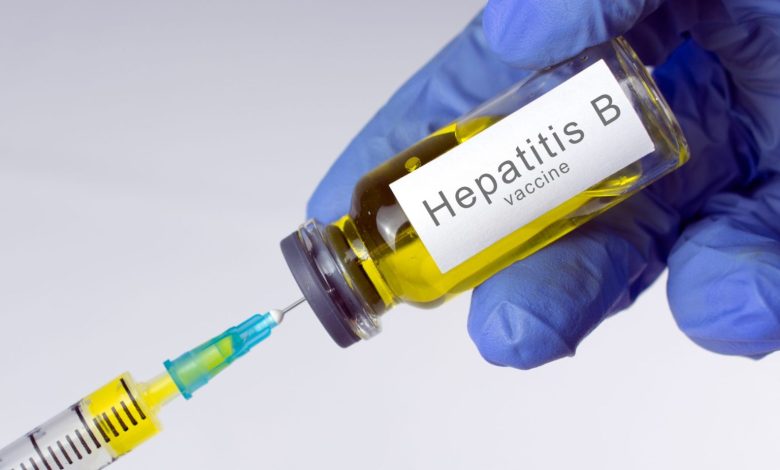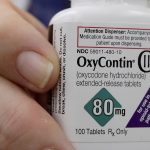New Study Highlights Importance of Hepatitis B Vaccination for Hepatitis C Patients

A new study conducted by researchers at the University of Minnesota Medical School suggests that patients with hepatitis C should consider being vaccinated again for hepatitis B due to the possibility of an inadequate immune response to the initial shot.
Hepatitis C is a blood-borne viral infection that leads to inflammation of the liver. Globally, approximately 58 million people are affected by this condition, with an additional 1.5 million new infections reported each year. Unfortunately, there is no effective vaccine available for hepatitis C, making prevention and management critical. In contrast, hepatitis B is another liver infection that can be effectively prevented through vaccination with the HBV vaccine. The challenge arises when individuals with hepatitis C are considered for hepatitis B vaccination.
Previous Research Findings
Earlier studies had already shown that individuals infected with hepatitis C tend to have a diminished response to the hepatitis B virus (HBV) vaccine. This insight led researchers to investigate the potential benefits of revaccination for hepatitis C patients.
New Findings and Implications
The recent study involved 34 patients who had previously not responded well to the HBV vaccine. These patients were tested for hepatitis B antibodies. The results were striking – after successful treatment of their hepatitis C, this group exhibited an improved response to revaccination against hepatitis B.
Dr. Jose Debes, an associate professor in the schools of medicine and public health at the University of Minnesota Medical School, emphasized the public health implications of these findings. He stated that “it is known that the hepatitis B vaccine is not as effective in those with hepatitis C. What was not known until now is that after treating hepatitis C, the hepatitis B vaccine seems to be more effective in this population. This is important, as many of these individuals are still at risk for hepatitis B infection.”
The Risk of Dual Infection
Having both hepatitis B and hepatitis C concurrently increases the risk of severe complications such as liver cirrhosis or cancer. This dual infection is common and particularly risky in certain regions and populations.
While these findings are promising, the researchers stress the need for additional studies involving larger groups of patients. These studies should aim to determine the optimal timing for re-vaccination and gain a deeper understanding of the underlying immune pathways involved.
This study sheds light on the importance of hepatitis B vaccination for individuals with hepatitis C, emphasizing the potential benefits of revaccination after successful hepatitis C treatment. As hepatitis B remains a significant health concern globally, these findings could have far-reaching implications for public health strategies and the well-being of individuals at risk of these infections.
The study’s results were published in the Journal of Infectious Diseases, providing valuable insights into the management of hepatitis C and the prevention of hepatitis B in vulnerable populations.





